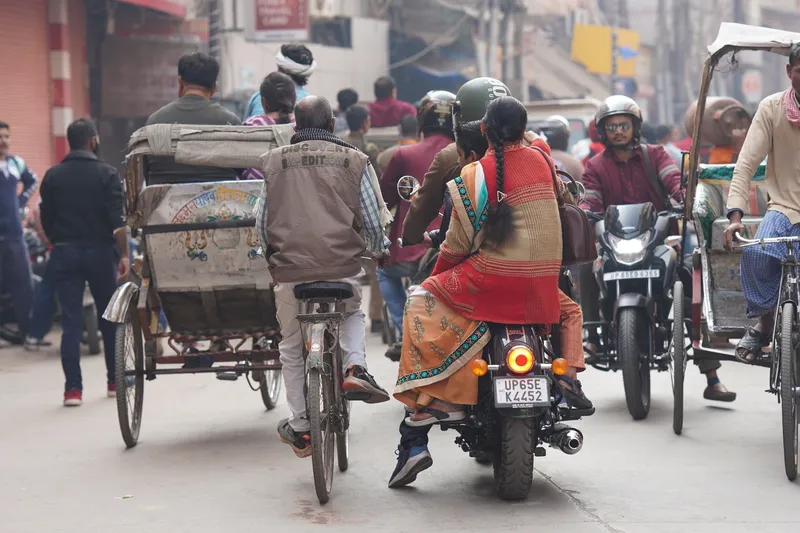
The Toyota Mobility Foundation has announced the 10 companies - receiving $50,000 each - which will take part in the Sustainable Cities Challenge in Varanasi, India.
The challenge involves two other cities, Detroit, US, and Venice, Italy, whose finalists have already been revealed.
Varanasi is a holy site which attracts many pilgrims from around the world as well as from India itself. In 2022, Varanasi's annual floating population was estimated to be 35 times the local population.
The challenge is to create "innovative, data-driven solutions" that make crowded areas of Varanasi's old city of Kashi safer and more accessible for religious tourists, local residents and vulnerable groups, such as elderly people and those with disabilities.
Better management of overcrowding at events - including negotiating private vehicles in the streets - and interventions that allow people to make better decisions for themselves are among the desired outcomes of the challenge.
Each company will receive a $50,000 implementation grant; for the five teams that may make it to the final, grants of $130,000 are available.
Arcadis is among the 10 chosen companies, and will test its Sankalp solution for crowd management, combining spatial analytics, which includes real-time monitoring "and actionable intelligence for safer and efficient movement of crowd".
Meanwhile Vogic's solution uses video analytics, vision language GenAI models, dynamic signage, public announcements, and multilingual WhatsApp communication to better manage crowds.
And Tiami Networks' PolyEdge leverages 5G and WiFi to provide real-time detection, tracking and analytics. The firm can monitor and manage large-scale pedestrian and vehicular movements in real time. Using AI-driven analytics and adaptive signal processing, it can track crowd densities, identify bottlenecks, and provide insights to optimize flow and enhance safety, Tiami says.
Click here for a full list of the semi-finalists: there is $1.5 million final implementation funding, to be shared among up to three winners.
The importance of this sort of crowd management has been thrown into sharp relief by the deaths of at least 30 people in a crush in the city of Prayagraj, northern India, this week. They were attending the world's largest religious gathering, the Hindu festival Kumbh Mela, which takes place every 12 years.








